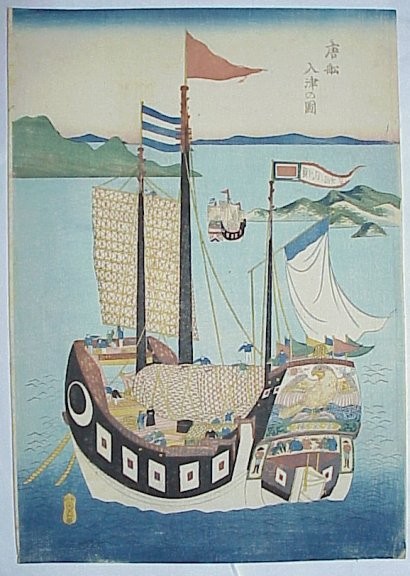Daily Archives: March 10, 2019
Thursday, March 14: Jun Hee Lee, “‘We are the Glorious Coal Miners of Miike’: Araki Sakae the Laborer-Composer and His Postwar Movement Identities”
Jun Hee Lee
PhD Candidate in History, University of Chicago
“‘We are the Glorious Coal Miners of Miike’: Araki Sakae the Laborer-Composer and His Postwar Movement Identities”
Thursday, March 14, 4:00-5:30 PM
John Hope Franklin Room (SSR 224)
Discussant: Jessa Dahl, PhD Candidate in History, University of Chicago
Abstract: The Utagoe movement arose, by official account, in 1948 under the leadership of Seki Akiko (1899-1973), first chair of the prewar Proletarian Musician’s League and a musical authority among late-1940s Japanese Communist Party-line cultural circles. Utagoe quickly gained momentum in the mid-1950s as it called for establishing a new body of music that reflected the livelihood (seikatsu) of the ordinary Japanese, particularly the laborers. As Utagoe began aligning with labor and peace movements, one culturally conscious mechanic found his calling in Utagoe: Araki Sakae (1924-1962), a native of the coal mining region of Miike in northern Kyushu. Over the last decade of his life, Araki composed songs that were in line with contemporary Utagoe’s political and cultural worldview. In analyzing this much discussed figure in the Utagoe movement’s historical narrative, this dissertation chapter explores two historical developments surrounding the life and legacy of Araki Sakae: first, remembering of Araki Sakae as the “laborer-composer” (rōdōsha sakkyokuka) figure; second, Araki’s search for his identity since 1945 according to his own writings. By juxtaposing this dual development, this chapter demonstrates the amorphous yet continuously present notion of “movement” in Utagoe which is premised upon the notion of “struggle” (tatakai) on individual, collective, and historical levels. As I will continue to discuss in the chapters that follow, such “extra-musical” dimension of the Utagoe movement’s worldview, evinced by the continued celebration of Araki Sakae, has remained the centerpiece of the notion of “movement” in Utagoe.
